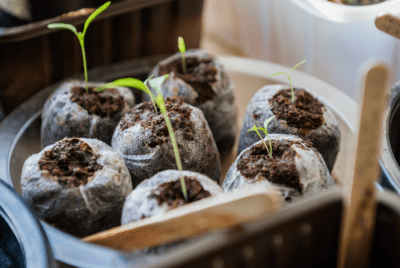RESEARCH
Comparing Responses to Horticultural-Based and Traditional Activities in Dementia Care Programs
Summary
This study compared horticultural therapy-based programming to traditional activities in dementia care programs, focusing on engagement and affect. Researchers randomly assigned participants from 4 care programs to receive HT-based programming twice weekly for 6 weeks, while participants in comparison sites engaged in their regular activities. Data was collected through observation of participant behaviour and affect during the activities.
The results showed no significant differences in affective domains between the two groups. However, the HT-based group demonstrated higher levels of active, passive, and other engagement, while the traditional group showed higher levels of self-engagement. The study highlights the potential value of HT-based programs for promoting engagement in individuals with dementia, while also emphasizing the importance of considering both affective and behavioural responses when evaluating such interventions.







